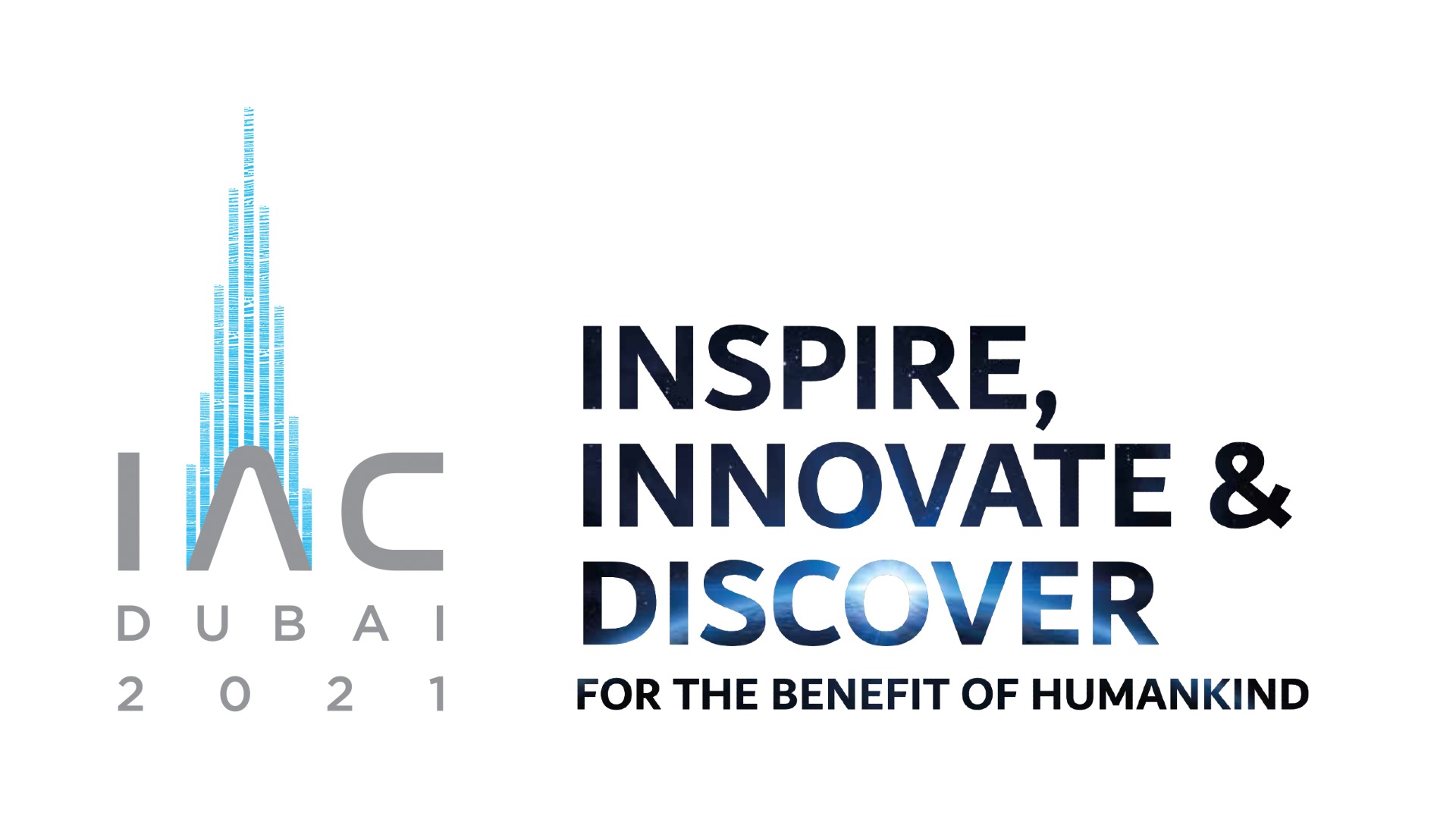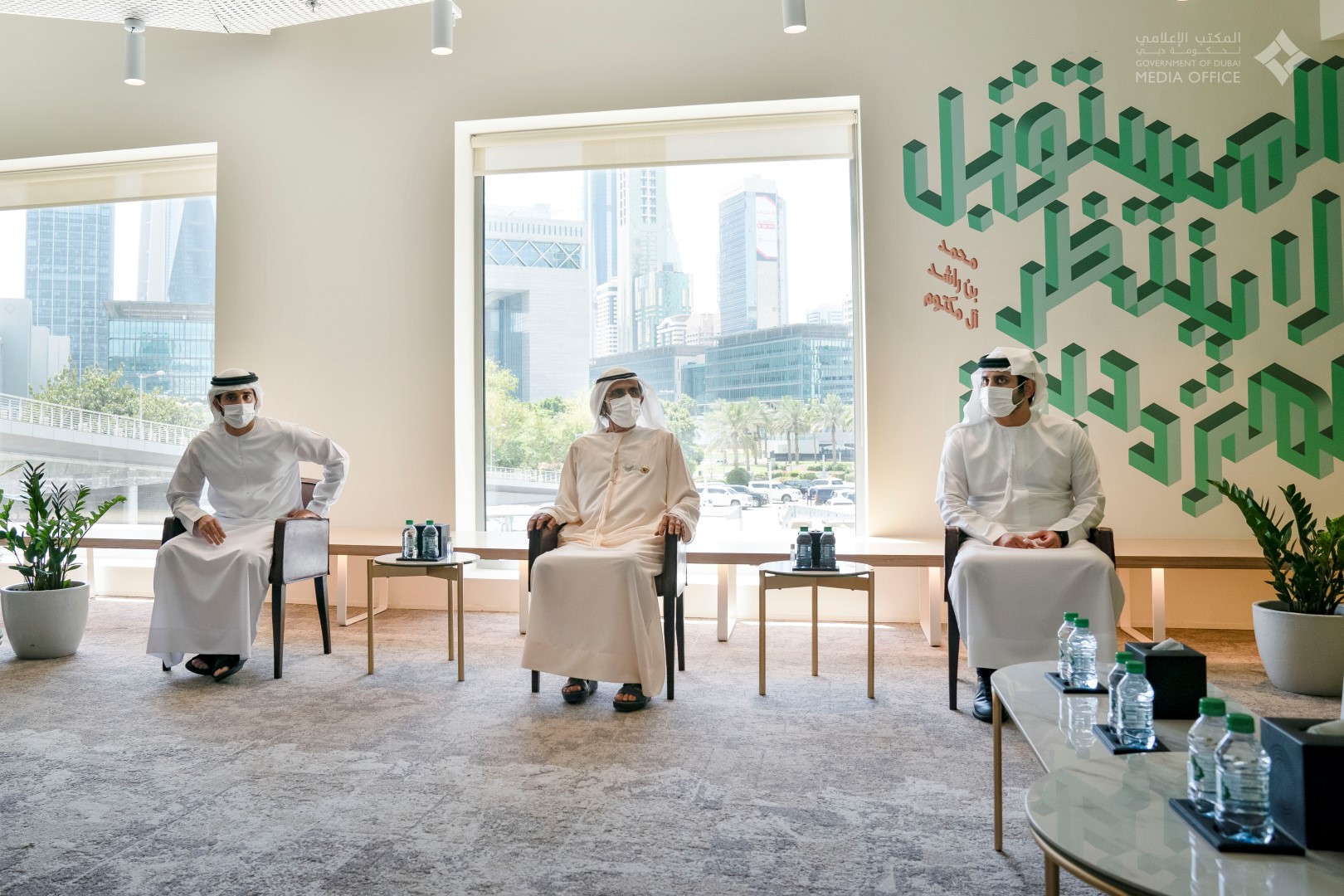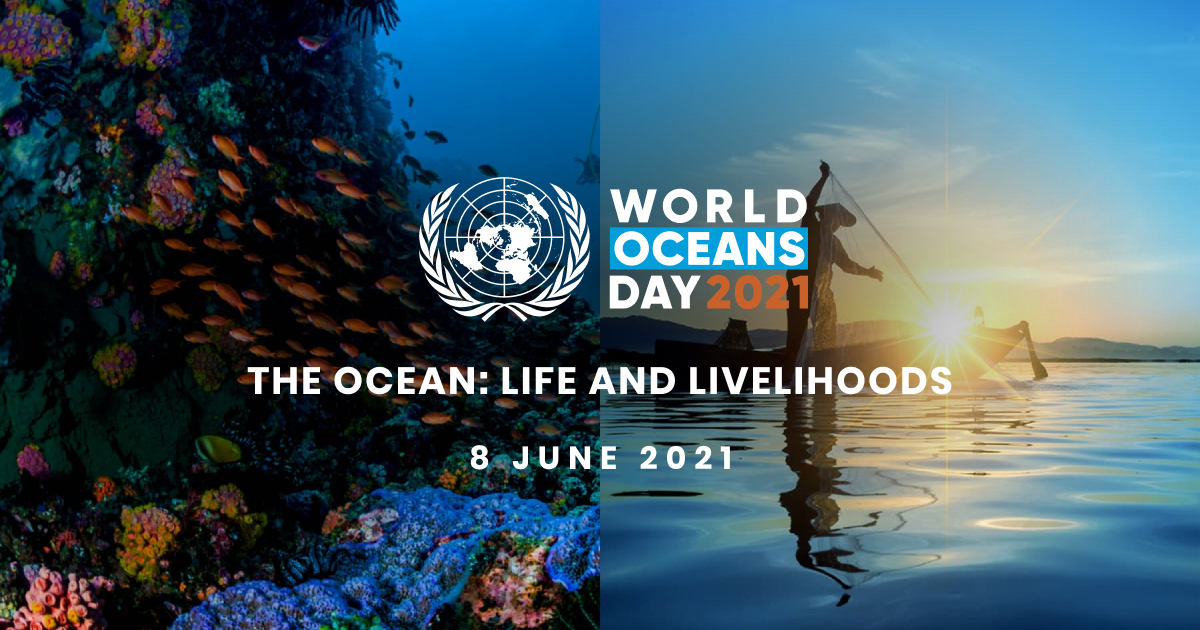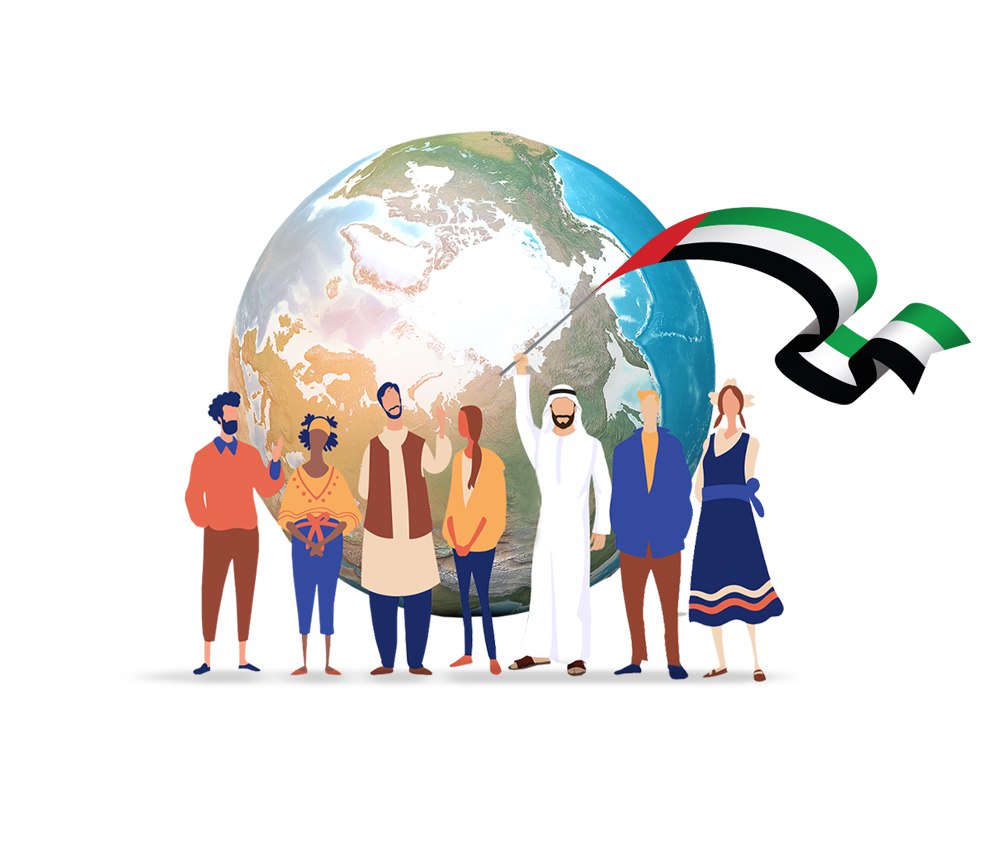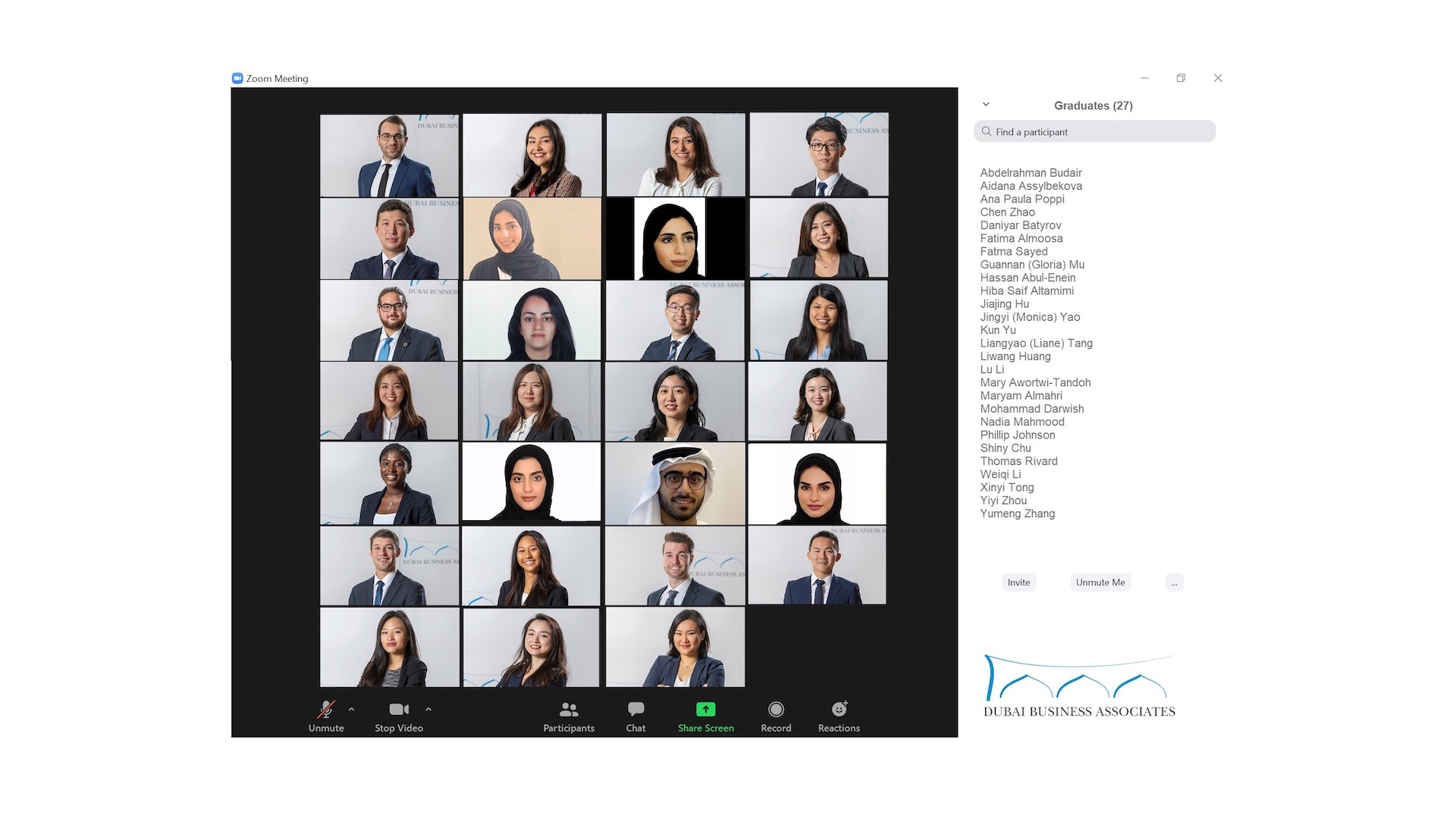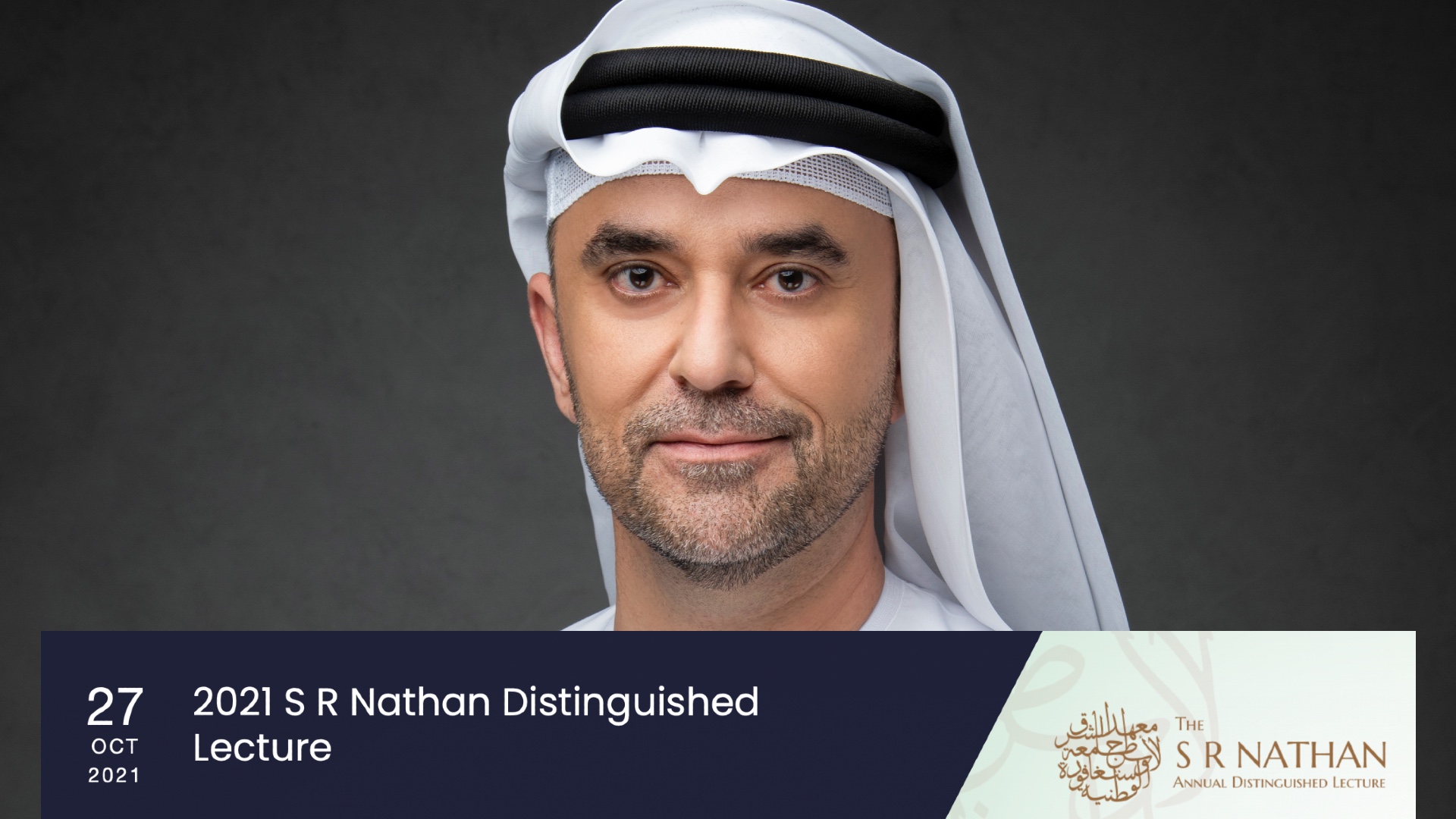The world’s largest and most prestigious global space event opens today in Dubai. Being held for the first time in the Middle East, the congress is being organised by the Mohammed Bin Rashid Space Centre and the International Astronautical Federation.
Over 4,000 visitors have registered for this year’s edition of the Congress, which will see over 90 exhibitors and more than 110 country delegations and 350 young professionals and space experts from all walks of life converging to the Middle East for the space event of a lifetime.
Celebrating its golden jubilee this year, the UAE has worked tirelessly to set a strong and sturdy foundation for the Emirati space sector. From sending the first Emirati into space, deploying several earth-observation satellites and launching the first Arab interplanetary mission to Mars, to forming an astronaut corps and helping establish the Arab Space Cooperation Group, the UAE has been able to establish itself as a leading country for space exploration and related technologies. The International Astronautical Congress (IAC) 2021 is in continuation of the UAE’s efforts of its progress in the global space field and is aimed at expanding the effects of these achievements to the wider region, which in turn will benefit humanity.
IAC 2021 follows a highly successful Space Week held at the Expo 2020 Dubai, which saw a line-up of astronauts, astronomers and space experts come together to discuss a wide gamut of topics including the UAE’s vision for space, women’s vital contributions to space exploration, sustainability in space and more.
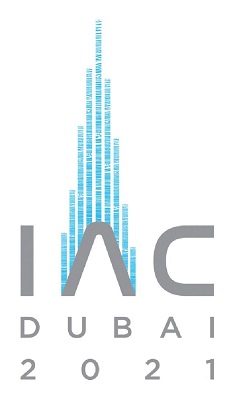
Held under the theme ‘Inspire, Innovate & Discover for the Benefit of Mankind’, IAC 2021 will provide an opportunity for participating organisations to highlight their capabilities as well as their experience, contributions and innovations in the space sector. The Congress is further structured to foster the creation of alliances and partnerships and will provide a platform to network with the global space sector’s leaders across government, industry and academia. It will also allow for collaboration and cooperation on a regional as well as international level.
Hamad Obaid Al Mansoori, Chairman, Mohammed bin Rashid Space Center (MBRSC) said: “At MBRSC, we are committed to nurturing our young space exploration programme and furthering the cause of the space sector in the region and around the world. Hosting the IAC is an important milestone for us that will help consolidate our position in the league of space-faring nations. With a multi-sectoral and inclusive approach, IAC 2021 will help in achieving this goal, through its aim to serve as a platform to ensure inclusive development in space technologies and as a capacity-building initiative for a broad range of stakeholders to enable them to reap the benefits of space exploration for economic, social and environmental development.“
Yousuf Hamad AlShaibani, Director General, MBRSC said: “The UAE’s hosting of the 72nd International Astronautical Congress reaffirms our commitment to support the growth and development of the global space sector. Being the first country in the Middle East to host this prominent event has been the spark that ignited our plan to create an unprecedented event. This one-of-a-kind assemblage, unmatched in scale and in scope, promises to deliver the best-ever International Astronautical Congress over the next five days.“
Over the next few days, participants will be able to access a rich plenary programme, which includes the Heads of Agencies roundtable, and various sessions focusing on Expedition 60/61, Future Mars Sample Return Missions, the role of Emerging Space Agencies, Small Satellites Solving Climate Challenges, Innovative Space Solutions for Search and Rescue and Life Saving Applications, and the views of the Next Generation on Social Responsibility in Space.
Meanwhile, the event features a rich plenary programme that has been thoroughly developed by the IAC International Programme Committee Steering Group. The programme includes 183 technical sessions with the participation of 1,442 speakers, 18 special sessions, 12 symposium keynotes and over 150 interactive presentations. A total of 2,300 scientific and technical papers will be presented from more than 86 countries.
